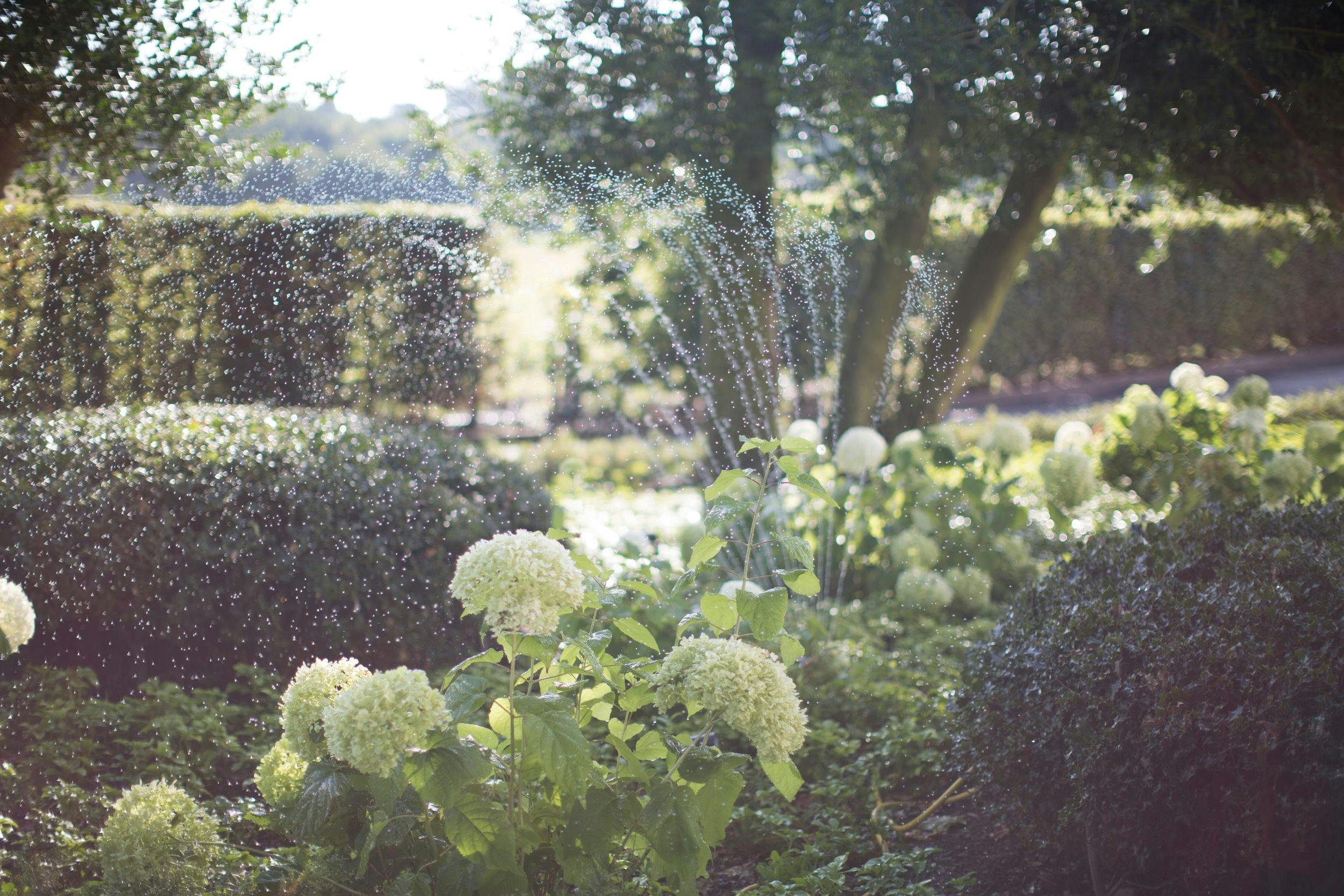News and updates from the Sopwell House team
The latest happenings
Blog
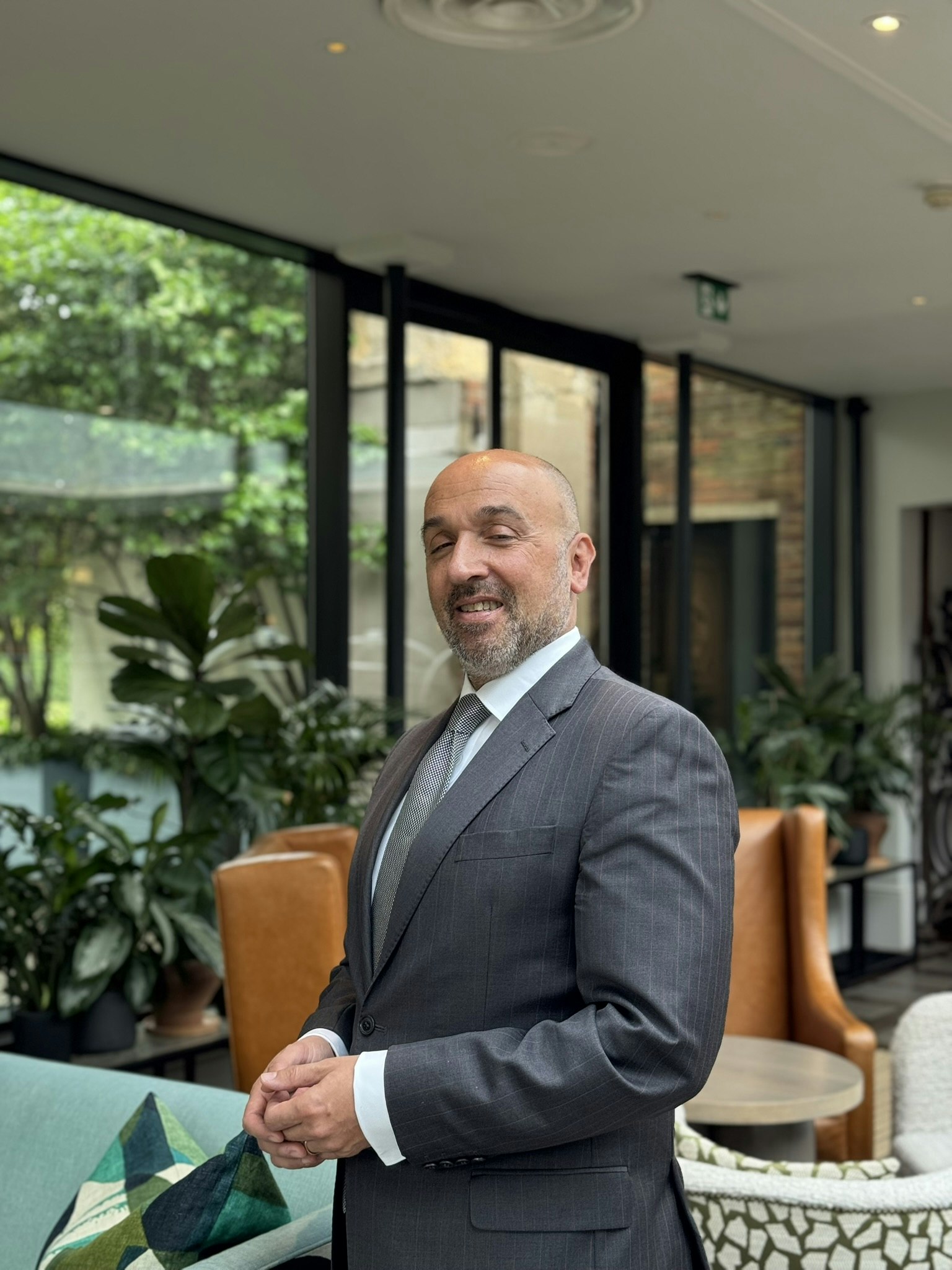
Meet Giammario: General Manager of Sopwell House

The Ultimate Chocolate Cake Recipe
In honour of Chocolate Cake Day, we’re sharing the recipe to our deliciously Chocolatey Fudge Cake.

Celebrating World Menopause Day 2024
At Cottonmill Spa, we recognise that menopause is not just a phase but a new chapter in a woman’s life.

The Ultimate Guide to HIIT and Resistance Training
The most effective training methods you can incorporate into your routine to get in shape and stay fit.

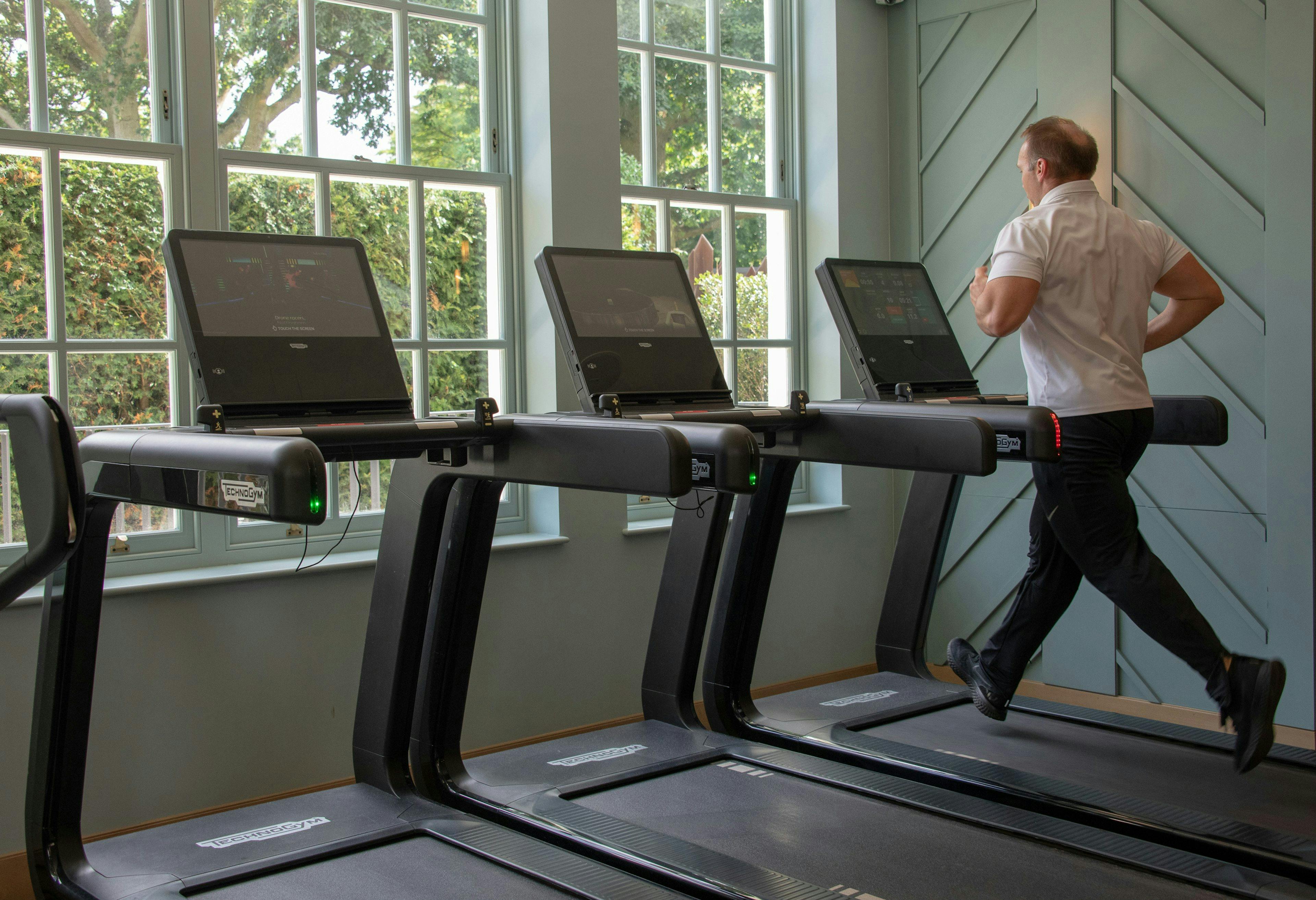
Fascinating Fitness Facts That Could Boost Your Health!
This article explores various aspects of fitness and how they contribute to a healthier lifestyle.

It’s Malbec Day!
Fab joins us to speak more about the wonderful and complex world of wine.
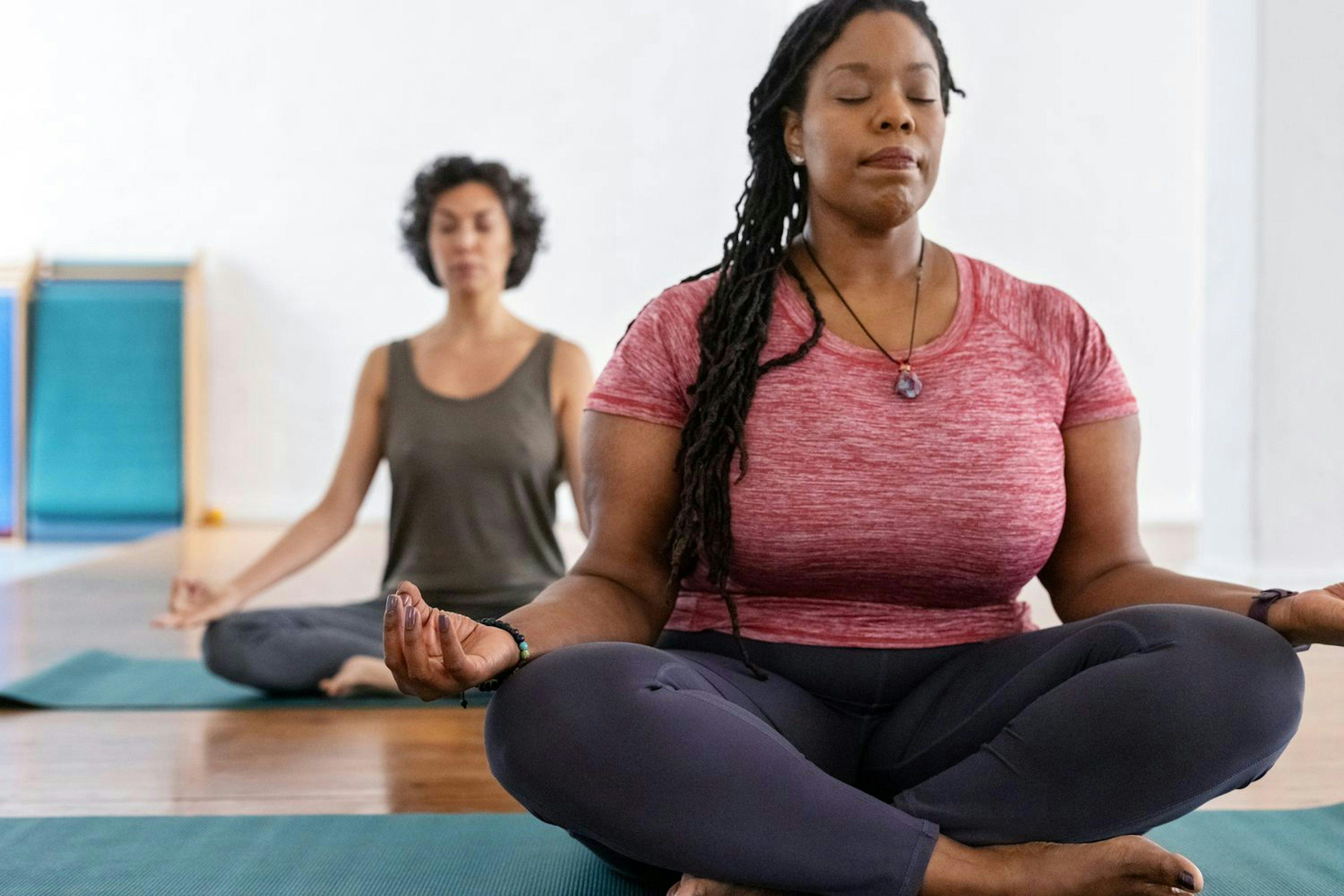
The Impact of Physical Activity on Mental Well-Being
Exercising is not only beneficial for our mental health, it also has a significant impact on our mental well-being.
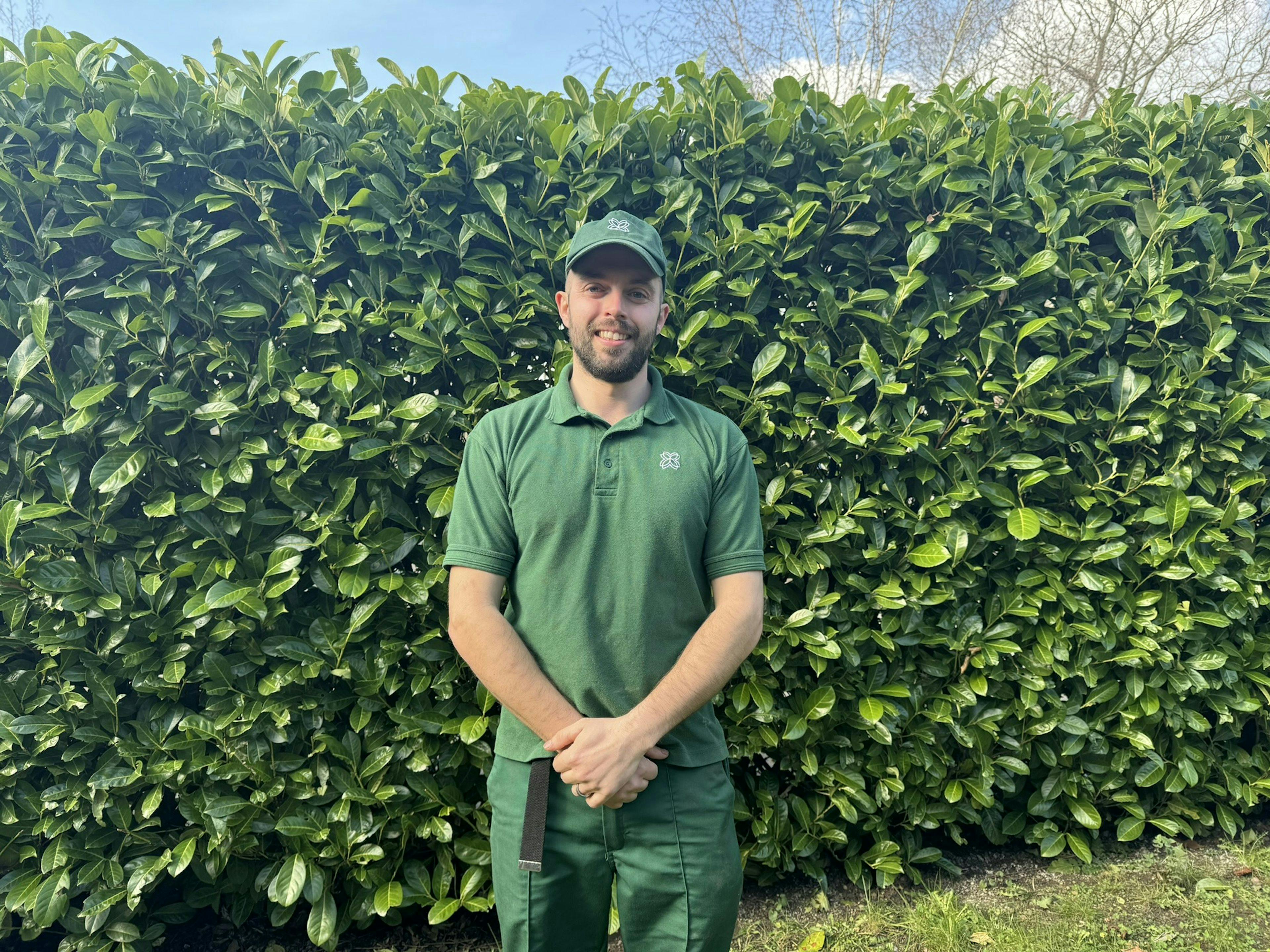
Interview with James Peary
We sit down with James and delve into his journey and experiences as a gardener.

Spring is around the corner!
Approach your fitness goals with a sustainable and realistic mindset to achieve lasting weight loss success.

Controlling the War Within your Gut
Insights from Dr. Abhinav Vepa reveals how rebalancing the gut microbiome can transform overall health.

Pilates – how does it work and what are the benefits?
Find out the key improvements that can be experienced from doing Pilates.

Tips for Planning a Winter Wedding
Winter weddings certainly have a magical element to them. Find our top tips on planning a winter wedding.

Shake Up Your Shrove Tuesday
Introducing Chef Mhatre and his simple yet sweet pancakes. Enjoy!

A Sprouting Summer Salad
Introducing our sprouting broccoli, edamame & coconut salad, an ideal healthy option for a weekday meal.

Sopwell in Bloom
We share with you a few of our favourites from our glorious & blooming gardens along with a little flower-plant insight.
